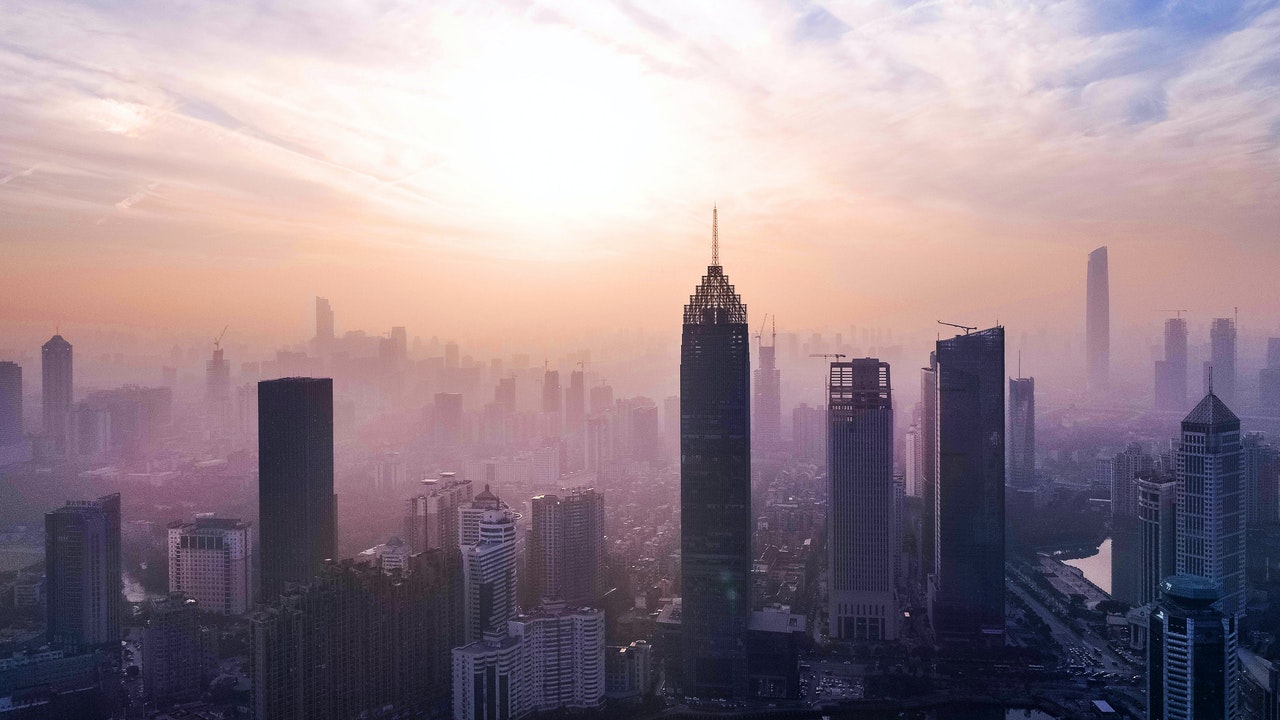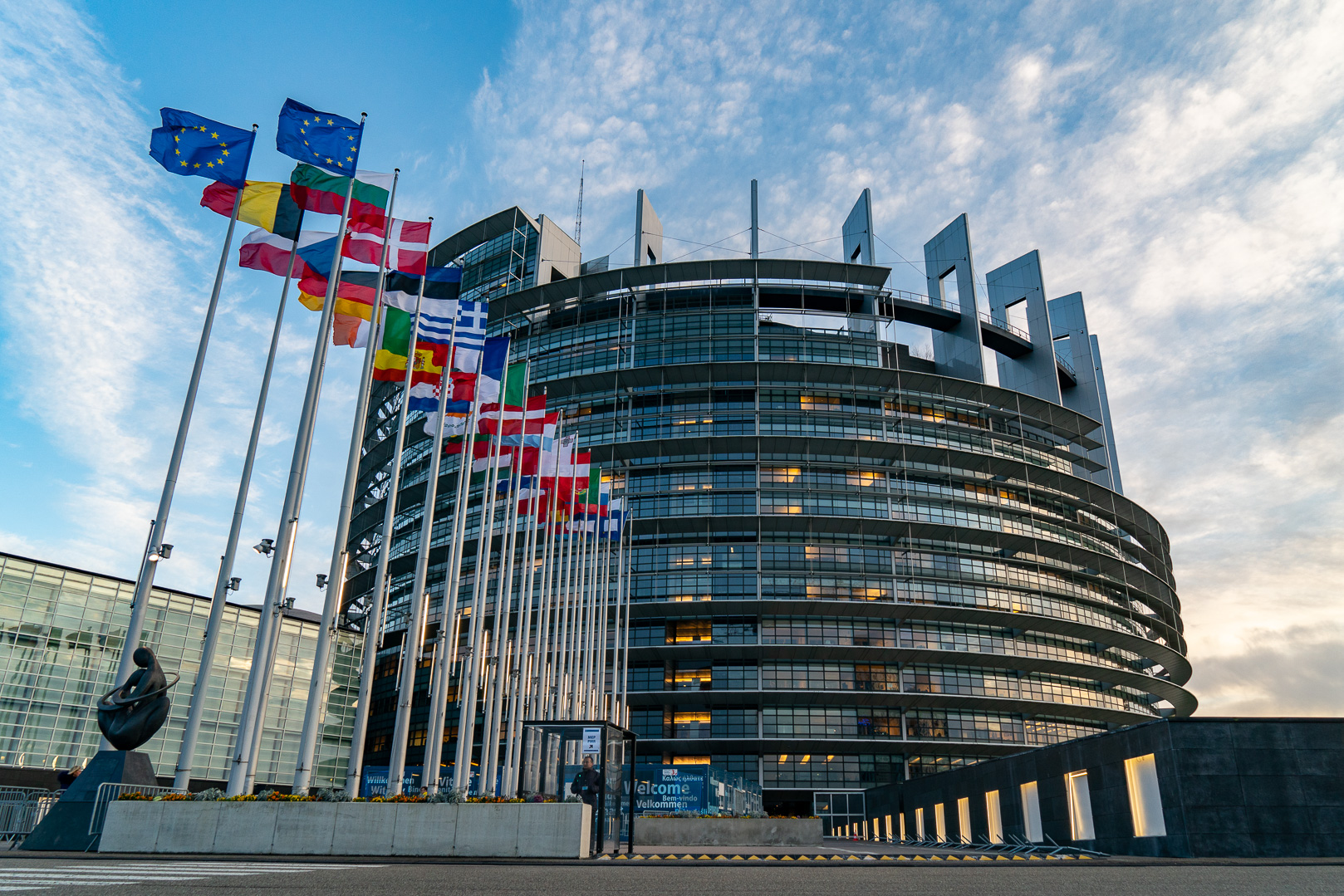China’s economic troubles are filtering down to its citizens, who report feeling less optimistic about their economic situation than at any point in the last 20 years, according to a study conducted by academics from Harvard and Stanford.
As the country’s real estate sector careens dangerously close to collapse and public debt rises, youth unemployment has hit worrying figures amid a general economic slowdown that may see China miss it’s growth target of five per cent for the year.
Last week, China’s leader unleashed a major stimulus programme designed to boost economic activity and allay concerns that the world’s second-largest economy may be in the middle of a long-term malaise.
There is some way to go before those high-level decisions start to have an impact on regular citizens, however.
In a survey conducted by Martin Whyte of Harvard University, Scott Rozelle of Stanford University’s Center on China’s Economy and Stanford masters student Michael Alisky – part of a long-running series dating back to 2004 – Chinese citizens revealed that they are growing pessimistic and disillusioned about their prospects.
Of the respondents to the survey, conducted in 2023, only 38.8 per cent felt that life had improved for their families over the previous five years.
Meanwhile, less than half – around 47 per cent – reported feeling optimistic about their economic situation over the next five years.
These figures stand in stark contrast to the results of previous surveys, when they stood around the 60 to 77 per cent mark for both questions.
However, the percentage of respondents feeling outright pessimistic about the coming years increased from just 2.3 per cent in 2004 to 16 per cent in 2023.
Feeling about work, and whether hard work pays off, also reveal a pattern that will likely be of concern to Chinese Communist Party leaders.
In previous surveys conducted in 2004, 2009 and 2014, a majority of respondents agreed that “effort is always rewarded” in China, while disagreement hovered around 15 per cent.
This sentiment has now been flipped, with only 28.3 per cent agreeing that effort is rewarded, while a third disagreed.
On the other hand, a majority now believe that people tend to be rich thanks to their privileged families and connections. Just a decade prior, individual wealth was attributed to ability, talent, education and hard work.
The survey responses reveal some disconnection between China’s macro-level economy which, despite recent troubles, remains among the best-performing in the world, and the economic situation of its citizens.
As one young Chinese worker told the BBC: “There’s a big difference between China doing well, and Chinese people doing well.”
Featured Image:
Wuhan, China
Ryanair cuts Malta link to Serbia’s Niš
The low-cost airline is slashing some major routes in Germany, Spain, Belgium, Portugal and Malta
Event tourism is the standout travel trend for 2026 – How will Malta fare?
The global tourism market is booming, and events are leading the way
EU Parliament agrees on common system to calculate corporations’ taxable income
The reform is designed to replace today’s patchwork of national tax rule






